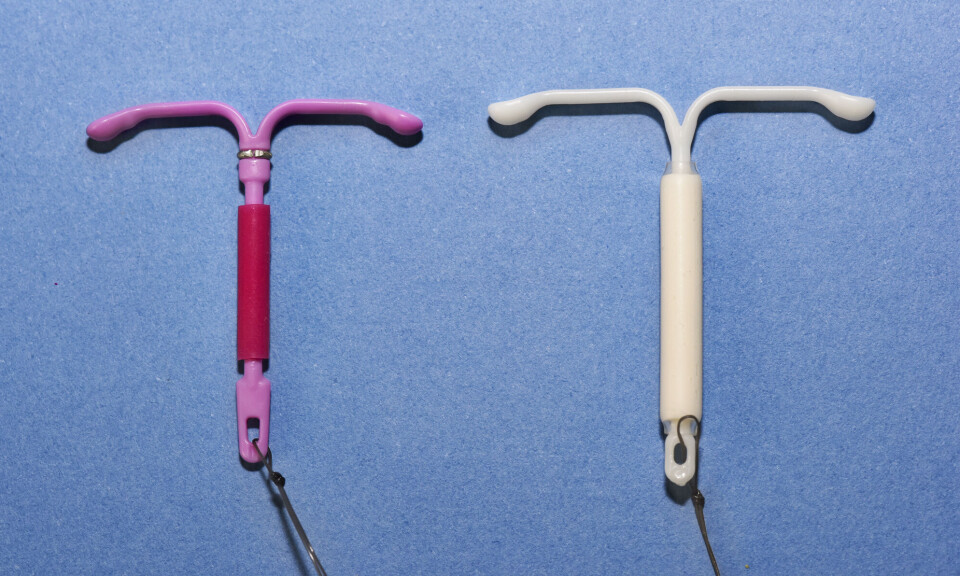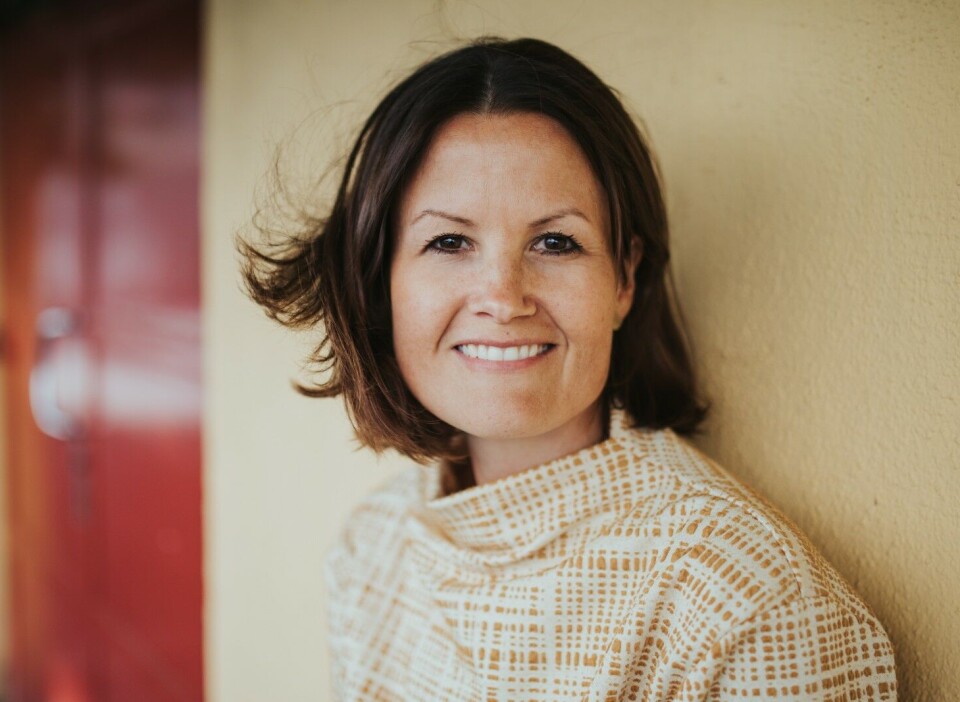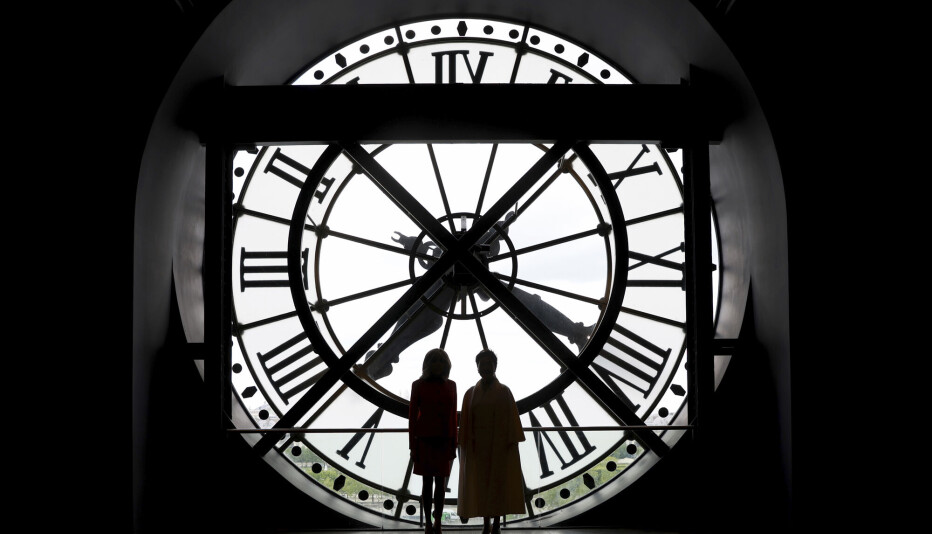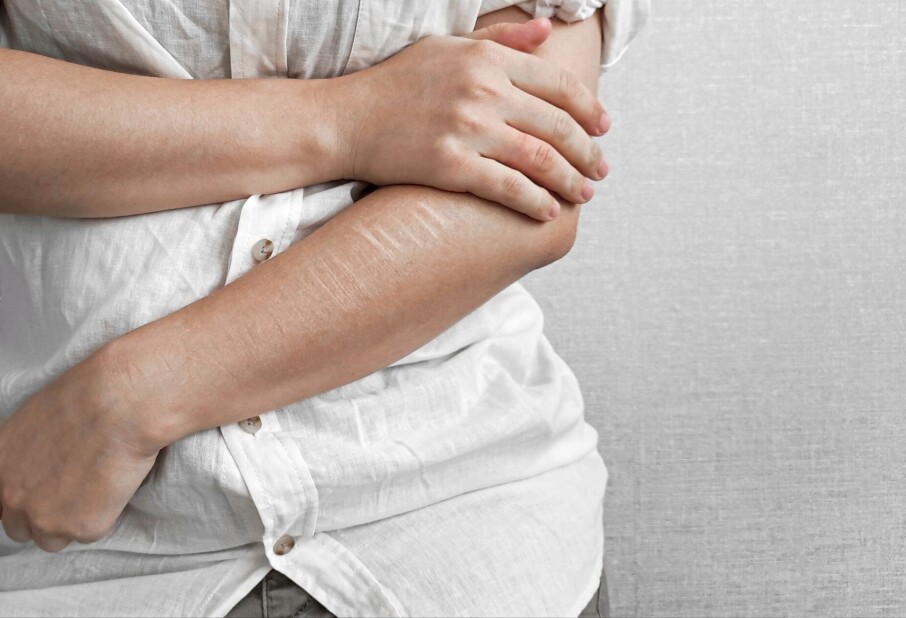
Hormonal IUD and breast cancer:
"Wrong for women to be scared"
Researchers point out several weaknesses in a Danish study that finds women who use hormonal IUDs for a long time may have an increased risk of breast cancer.
A new Danish study shows that women who use hormonal IUDs may have a higher risk of developing breast cancer, Norwegian newspaper VG recently reported.
Lina Mørch, one of the Danish researchers behind the new study, believes women over 38 should consider other contraceptives.
But what do Norwegian researchers think about this conclusion? And what do other studies say about the link between hormonal IUDs and cancer?
"Create unnecessary fear"
"Headlines like these create unnecessary fear," Marianne Natvik wrote in a post about the VG article on Instagram (link in Norwegian).
The general practitioner who researches women's health at the University of Oslo elaborates on her criticism to sciencenorway.no.

The Danish researchers found that among women who used hormonal IUDs, there were 14 more per 10,000 who developed breast cancer compared to those who did not use hormonal contraception.
"Although this is important research that we should consider when choosing contraception for each individual woman, this is not a particularly high number," Natvik points out.
"Unrealistic alternative for many"
Other considerations often also come into play.
"For each woman, it becomes a benefit-risk assessment," says Natvik.
"Many women need contraception, so it's important to find the method that best suits her. We have to look at the whole picture and weigh the pros and cons for her," she adds.
The Danish researchers compared women who used hormonal IUDs to those who did not use any form of hormonal contraception.
That is a somewhat unrealistic alternative for many, according to the Norwegian GP. She also points out that the hormonal IUD is not more dangerous than other types of hormonal contraception.
More bleeding with a copper IUD
Natvik also highlights that the hormonal IUD results in less bleeding and menstrual pain for most women.
In an interview with VG, the Danish researcher Lina Mørch suggested that women over 38 should consider switching to a copper IUD.
Natvik thinks it is a very strong statement that only looks at one side of the issue.
"A copper IUD is an alternative. But I think it's wrong for women today to be scared of the hormonal IUD they have inserted. Using a copper IUD can lead to heavy bleeding, which might not be a good solution as women approach menopause," she says.
Small group that developed cancer
The director of the Cancer Registry of Norway, Giske Ursin, is also not convinced that this study shows a real link between hormonal IUDs and breast cancer.
When the increase in risk is as small as in this study, it could be due to chance, she believes.

"Fortunately, breast cancer in women under 50 is rare," says Ursin.
Therefore, the groups of women who have used hormonal IUDs and developed breast cancer are also quite limited.
The risk was highest for those who had used the contraceptive for over 10 years. But in this group, only 50 people had breast cancer.
"This makes it difficult to conduct detailed analyses to understand why the study finds this connection," she says.
Believes the cancer risk could be real
Tonje Braaten leads the population study Women and Cancer at UiT The Arctic University of Norway.
Since she is a statistician and not a doctor, so she does not comment on which contraception women should choose.
However, as a researcher, she believes the Danish study is solid.
She thinks a moderate increase in breast cancer risk among long-term hormonal IUD users could be real.
Especially when considered alongside other studies that have also found such a connection.
Conflicting Studies
A 2020 meta-analysis in the scientific journal Acta Obstetricia Gynecologica Scandinavica summarises several studies.
Here, researchers also concluded that women who use hormonal IUDs more often get breast cancer, especially if they are older and have used the contraceptive for a long time.
But the results are conflicting.
Marianne Natvik mentions another meta-study from 2021, published in Clinical Breast Cancer.
Here, researchers found no connection.
Nor did Braathen and colleagues at UiT's study from 2018, published in Gynecologic Oncology.
Calls for Norwegian studies on hormonal IUDs
Braathen points out that the Norwegian population study may have lacked enough data to detect a possible link.
But the Norwegian researchers found something more encouraging: That IUD users were less likley to develop ovarian and uterine cancer.
Giske Ursin hopes that one or more ongoing Norwegian studies using health registries can examine the connection between hormonal IUDs and cancer.
The data is available in health registries, she points out.
At the same time, there may be too few cancer cases among this group in Norway to study it without collaborating with other countries.
Biases may give a misleading picture
All three researchers also point out another weakness.
Namely, that biases between the groups could give a misleading picture.
In the Danish study, researchers accounted for age, number of children, previous use of birth control pills, and several other factors that may influence breast cancer risk.

But they may not have adjusted for everything that differentiates the two groups, says Giske Ursin.
No information on alcohol
They lack information about the women's lifestyle, such as smoking and alcohol use.
Perhaps the two groups have lived somewhat different lives, says Braathen.
It is, for example, known that those who drink a lot of alcohol are more prone to breast cancer.
If it were the case that those who do not use hormonal contraception drink less than those who use hormonal IUDs, the study's findings could be exaggerated.
Additionally, it is not possible to determine the real cause of a possible increased risk from such studies.
Different types of studies are needed to answer this, the UiT researcher points out.
———
Translated by Alette Bjordal Gjellesvik
Read the Norwegian version of this article on forskning.no
Reference:
Mørch et al. Breast Cancer in Users of Levonorgestrel-Releasing Intrauterine Systems, JAMA, 2024. DOI: 10.1001/jama.2024.18575
Related content:

Subscribe to our newsletter
The latest news from Science Norway, sent twice a week and completely free.






































